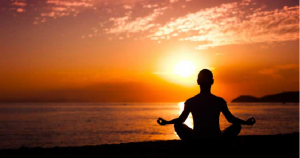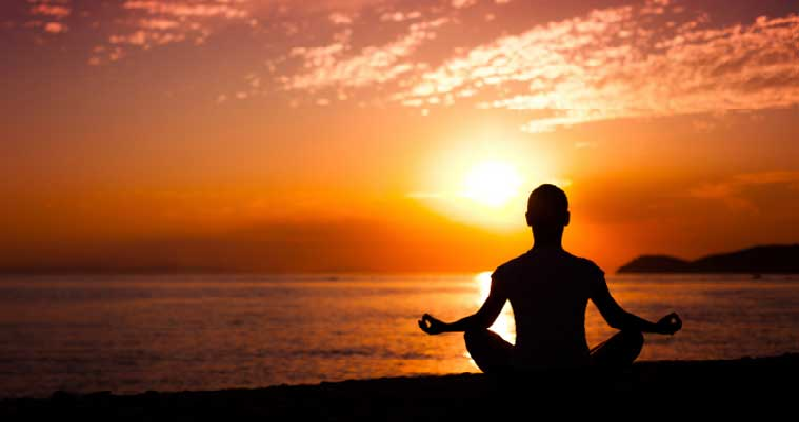
World Health Organisation (WHO) To Certify Ayurveda & Yoga
The upcoming Yoga and Ayurveda centers should follow the rules and regulations of government on parameters of World Health Organisation (WHO).
WHO and the Ministry of Ayush signed a project agreement for cooperation on promoting the quality, safety, and effectiveness in traditional and medicine. Benchmarks are delivered by WHO for training in Yoga as well as practice in traditional systems of medicine namely Ayurveda, Unani and panchakarma.

“Alternative system of medicine is gaining ground in the country but it is equally important to regulate it. When the WHO will set standards for traditional Indian medicine, the world will adhere to them,” said Anil Kumar Ganeriwala, joint secretary in the AYUSH ministry.
“Education in traditional medicine is well regulated in India but practising yoga and Ayurveda have to be under the strict scanner for effectiveness and safety. People start practising yoga by reading books and impart training. We are working on each and every aspect of alternative medicine in the country.”
The traditional and complementary medicine between WHO and Ayush is titled by “Co-operation on promoting the quality, safety and effectiveness of services. “WHO traditional and complementary Medicine Strategy: 2014-2023” implementations are supported by WHO in its development.
“As Good Manufacturing Practices are applicable to food products and other consumer items, same will be applied to training in yoga and alterative systems of medicine. We want to take Ayurveda and related systems across the world,” said Ganeriwala.
These traditional medicines are promoted by Baba Ramdev the popular yoga guru with his events capturing peoples interest to him. All his pharmaceutical company is dominating by other established companies.
“The PCA with WHO is a further recognition of India’s rich experience in the development and governance of traditional medicine,” said Shripad Yesso Naik, minister of state (independent charge) of AYUSH.